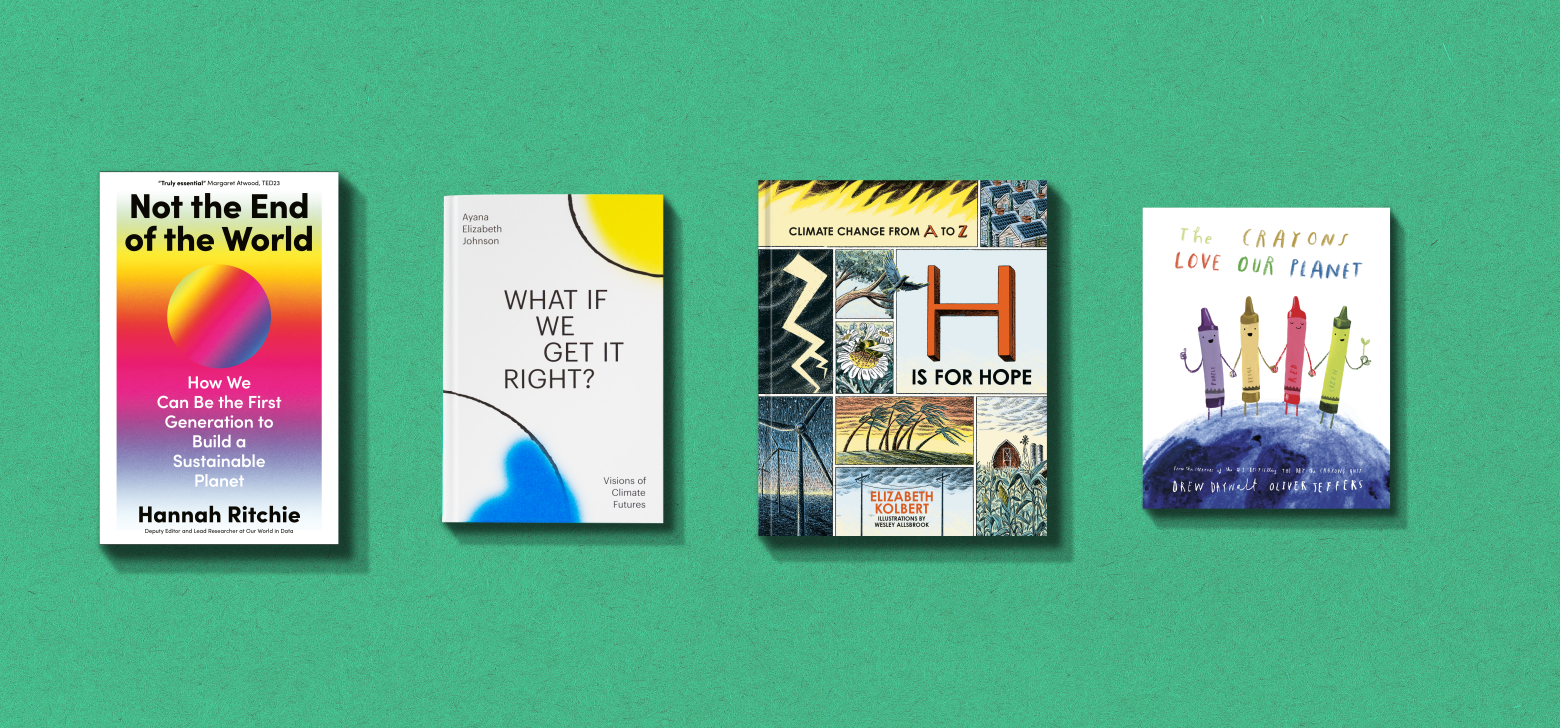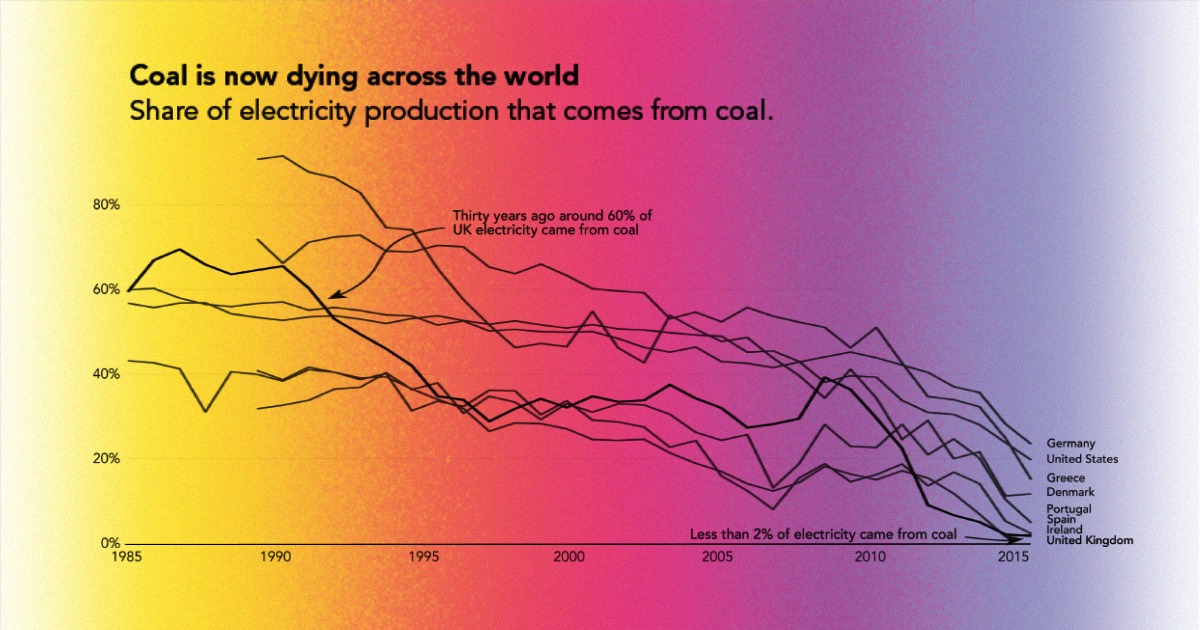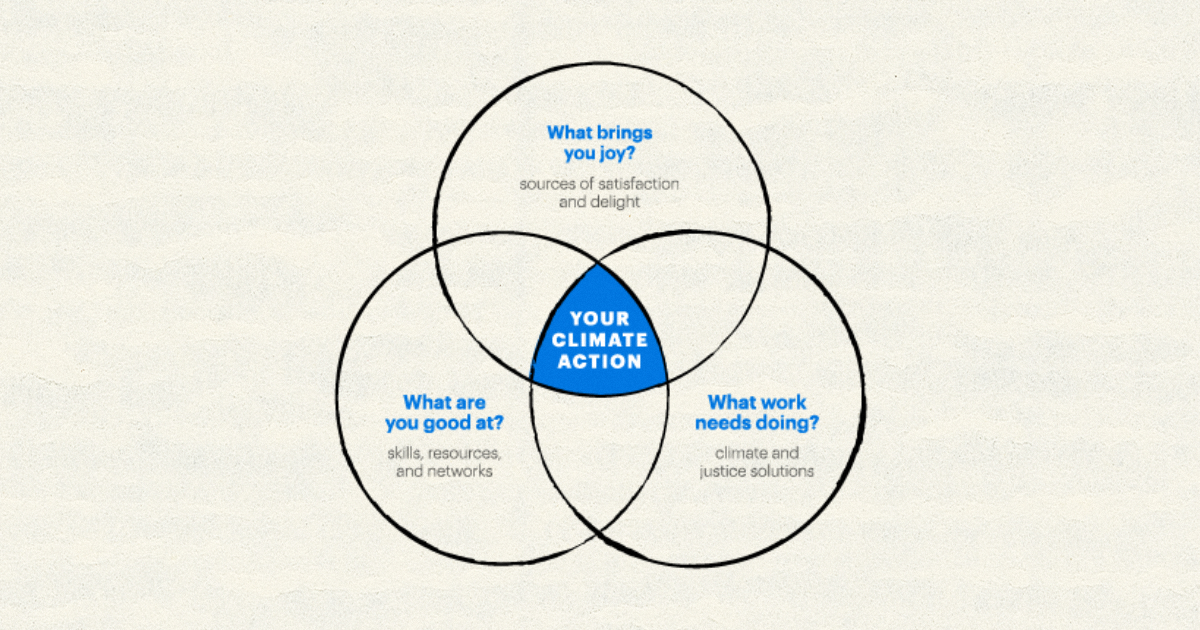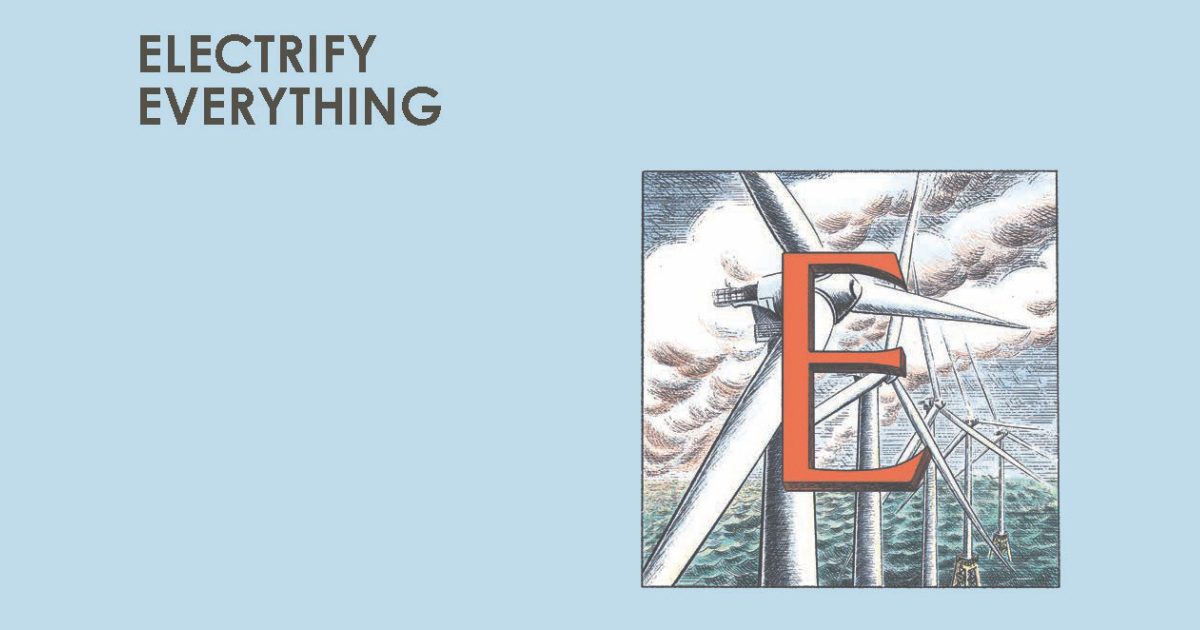Not the End of the World: How We Can Be the First Generation to Build a Sustainable Planet
By Hannah Ritchie
Scottish data scientist Hannah Ritchie harnesses numbers in this roadmap to a better future that supports a bold thesis: We could be on track to achieving true sustainability for the first time in human history. “There is no better time to be alive than today,” Ritchie writes. “And I hope that looking at the data and progress of seven key measures of well-being will help change your mind.” Among them: declining child and maternal mortality rates and better access to basic resources. She also offers prescriptions for that which still ails us, like “how to get air pollution close to zero everywhere” and “how to feed everyone without destroying the planet.” For a quick hit of relief, check out her lists of “things to stress less about,” in sections on subjects like food (eating organic “is not always better for the environment”) and ocean plastics (“plastic straws really don’t matter”).
By Hannah Ritchie
Scottish data scientist Hannah Ritchie harnesses numbers in this roadmap to a better future that supports a bold thesis: We could be on track to achieving true sustainability for the first time in human history. “There is no better time to be alive than today,” Ritchie writes. “And I hope that looking at the data and progress of seven key measures of well-being will help change your mind.” Among them: declining child and maternal mortality rates and better access to basic resources. She also offers prescriptions for that which still ails us, like “how to get air pollution close to zero everywhere” and “how to feed everyone without destroying the planet.” For a quick hit of relief, check out her lists of “things to stress less about,” in sections on subjects like food (eating organic “is not always better for the environment”) and ocean plastics (“plastic straws really don’t matter”).






